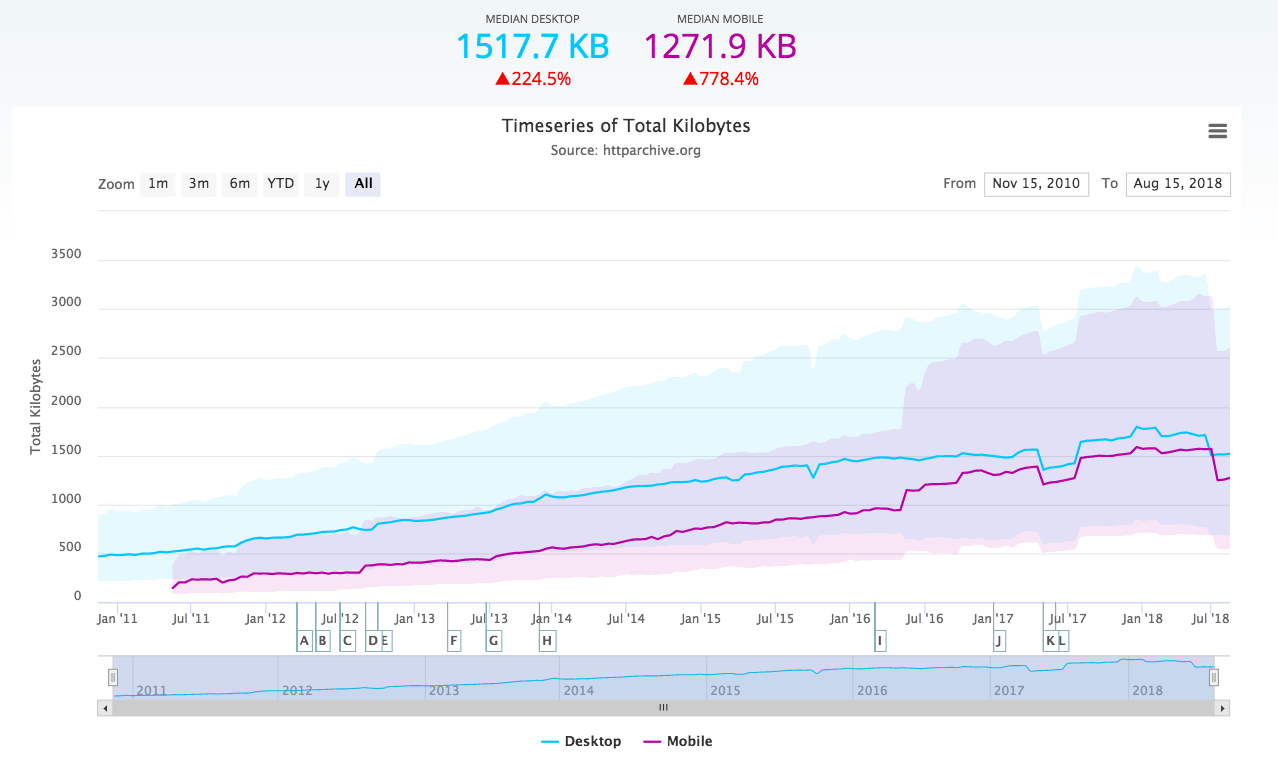Remember “social search”? There has been plenty of buzz around this term in the past couple of years, but here’s a super-quick reminder from Wikipedia if you’re fuzzy on the details:
Social search or a social search engine is a type of web search method that determines the relevance of search results by considering the interactions or contributions of users.
Sounds like a smart way to at least complement more traditional approaches to Web search, and we are sure it has a future. There are plenty of services vying for a place in this space, such as Mahalo and Wikia Search. However, while we were doing research about Web terminology trends last week, we stumbled upon this very interesting little nugget:
Social search seems to be strictly a US phenomenon, at least judging by Google search statistics. This screenshot from Google Insights for Search says it all:

As you can see, an overwhelming majority of the interest for social search is in the United States.
We should point out that this is not the way it looks for other related terms, such as “social media”, “social network” or “crowdsourcing”. Those are widely used across the world.
Either the rest of the world is using a completely different term for social search (in that case, what?), or the interest is concentrated almost 100% to the United States.
What is the reason behind this discrepancy? Any ideas?


























